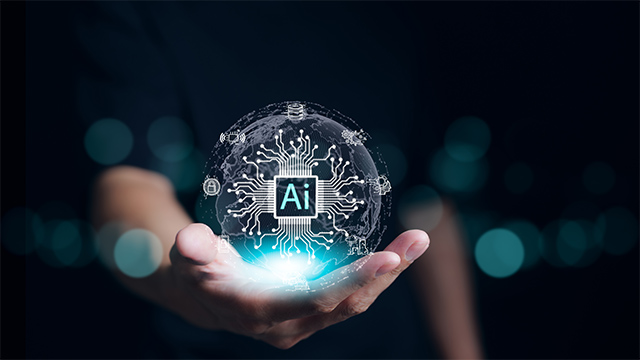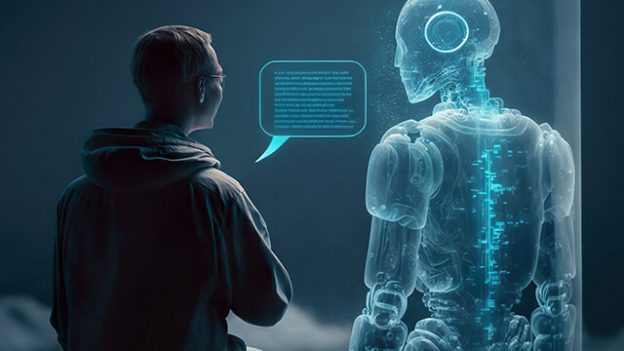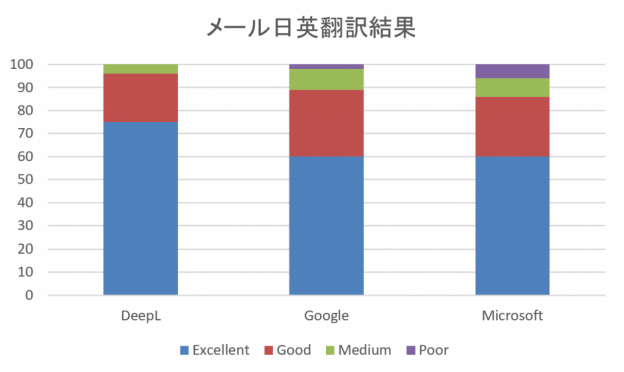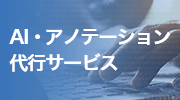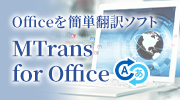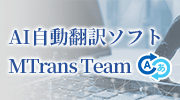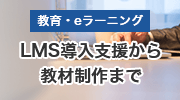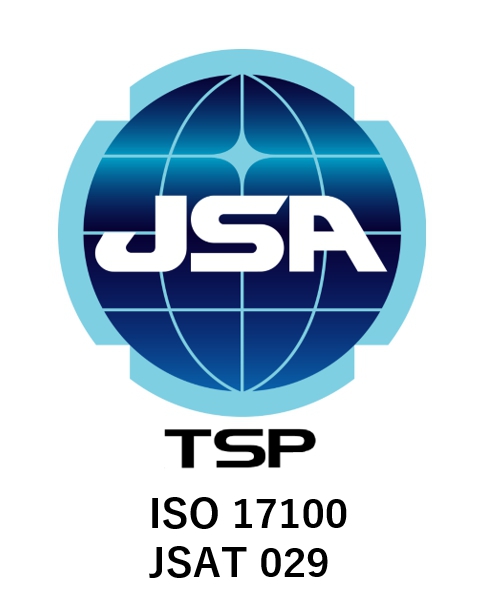
- Table of Contents
Introduction
With the advancement of DX (Digital Transformation), the role of the IT department is changing significantly. Beyond traditional IT support and system operations, a more strategic role is required to promote digitalization across the entire company and support the strengthening of competitiveness. This article discusses the roles that the IT department should play in promoting DX and the challenges it should address, along with proposed solutions.
1. The Role Required of IT in Promoting DX

What is DX?
DX (Digital Transformation) refers to the innovation of products, services, and business models that meet the needs of customers and society by leveraging data and digital technologies. The essence of DX goes beyond mere technology adoption; it signifies a transformation of the business itself, as well as the organization, processes, and even corporate culture and climate. This enables companies to establish a competitive advantage and achieve sustainable growth.
Traditional Role of Information Systems
The traditional role of the information systems department has primarily encompassed three important functions. First, it involves planning the overall IT strategy for the company and designing the necessary systems. Second, it ensures the stable operation and maintenance of existing internal systems to secure business continuity. Third, it provides a help desk function to respond to IT-related inquiries from employees, supporting daily IT operations. These roles have been positioned as essential functions that support the company's IT infrastructure.
Role in Promoting DX
With the promotion of DX, the role of the information systems department is expanding significantly. First, it has taken on the role of introducing the latest tools optimal for promoting DX and facilitating their use throughout the organization. Additionally, it is required to leverage specialized knowledge in IT technologies and systems to provide specific recommendations and advice regarding DX promotion. Furthermore, it is also responsible for creating and providing FAQs related to the operation of IT systems and tools, thereby promoting the accumulation and sharing of knowledge within the organization. Most importantly, it has also taken on the role of promoting a change in awareness to encourage the use of IT systems and tools across the entire company. These new roles are becoming central to the promotion of DX in companies, and the importance of the information systems department is greater than ever before.
2. Activities that the IT Department Should Undertake to Promote DX

Opinions on DX Strategy Formulation
The IT department participates in DX promotion projects and various departments, providing specialized knowledge regarding IT technologies and systems to support the formulation of highly feasible strategies. For example, when considering the introduction of a new system, we offer advice from a professional perspective on aspects such as compatibility with existing systems, technical feasibility, and security risks. This ensures that the overall DX strategy of the company becomes more effective.
Acquisition of Knowledge, Research, and Study of Advanced Technologies
The IT department plays a central role in acquiring knowledge, research, and investigation of cutting-edge technologies. It is essential to continuously gather the latest information about the ever-evolving IT technologies and tools, and to identify the most suitable ones for promoting our company's digital transformation (DX). This includes evaluating new tools, trial implementations, and measuring their effectiveness. The insights gathered will be utilized for making decisions on the introduction of the latest tools that can aid in DX promotion and for facilitating their subsequent use.
Core presence in promoting DX and improving the internal environment
It is not only important to implement systems and tools, but also to improve employees' digital literacy. This includes educating on how to use new tools and promoting a change in mindset towards the utilization of digital technologies. The IT department plays a role in facilitating the use of IT systems and tools within the company and driving the overall digitalization of the organization. By supporting the improvement of each employee's digital skills, we can accelerate the organization's DX initiatives.
3. Challenges of Information Systems in Promoting DX

Support for legacy systems is a burden
The support operations for legacy systems that have been used by many companies for years have become a significant burden for the IT department. Older systems are difficult to adapt to modern business requirements, requiring substantial time and effort for maintenance and upgrades. Additionally, the aging and retirement of engineers with knowledge of legacy systems are making the maintenance and management of these systems increasingly challenging.
It is difficult to engage in the original DX promotion activities due to the pressure of non-core tasks in traditional maintenance and help desk operations.
There is a problem where non-core tasks such as routine maintenance and help desk support occupy the majority of the operational hours of the IT department. The team is overwhelmed with operational maintenance tasks, such as responding to PC setup requests, software issues, and network failures, and is unable to allocate time to important tasks that should be prioritized, such as strategic planning for DX promotion and the introduction of new systems.
Inability to improve digital literacy due to a shortage of DX personnel
The shortage of DX personnel is also a serious issue. It is difficult to secure talent familiar with the latest technologies such as cloud, AI, and IoT, and the skill enhancement of existing IT staff is not keeping pace. As a result, the overall digital literacy of the organization is not improving, which has become a significant barrier to promoting DX.
Thorough Security and Personal Information Protection
Ensuring security and personal information protection has become an important responsibility of the IT department. With the sophistication of cyber attacks and the spread of remote work, security risks are on the rise. In the face of demands to comply with various national data protection regulations such as GDPR, we are confronted with the challenging task of balancing security measures with operational efficiency. These factors are hindering the introduction of new digital technologies and the promotion of digital transformation (DX).
Is Confidentiality Maintained with ChatGPT, Copilot, Gemini, and Claude?
4. Solutions to IT Challenges in Promoting DX

Legacy System Modernization, Migration
Modernization and migration of legacy systems have become urgent issues for many companies. Older systems have low maintainability and high security risks, necessitating the transition to cloud-based modern systems and the construction of flexible systems through microservices. This process requires a comprehensive approach that includes the migration of existing data and a review of business processes.
Introduction and utilization of tools for improving the efficiency of IT operations
It is important to introduce and utilize tools for the efficiency of IT operations. By promoting the standardization of operations and implementing RPA (Robotic Process Automation) for routine tasks, it becomes possible to redirect human resources to strategic operations. Additionally, by building chatbots and FAQ systems to streamline internal inquiry responses, the burden on the IT department can be significantly reduced.
Introduction of the latest technology utilizing conventional tools
The introduction of the latest technology utilizing conventional tools is also an effective solution. For example, by adding functions to widely used tools such as Microsoft Office through add-ins, it is possible to implement new technologies regardless of employees' literacy levels. Translation and writing AI add-ins like MTrans for Office are a prime example of this. This allows for improved operational efficiency while keeping additional training costs down.
【Related Links】
MTrans for Office
Establishment of Governance Structure
Finally, establishing a governance structure is essential. It is important to develop an appropriate management system while referring to the "Digital Governance Code" presented by the Ministry of Economy, Trade and Industry. This includes a wide range of elements such as IT system controls, security management, ensuring compliance, and risk management. By building an appropriate governance structure, it becomes possible to maximize the benefits of digitalization while minimizing risks.
5. Summary
As digital transformation (DX) progresses, the IT department plays a crucial role in supporting the overall transformation of the company. In addition to traditional IT management and support tasks, the promotion of DX requires a wide range of activities, including the introduction of the latest technologies, improvement of digital literacy within the organization, and sharing of knowledge within the organization. On the other hand, challenges such as the burden of maintaining legacy systems, shortage of personnel, and the need for enhanced security are serious, making the efficiency and modernization of the IT department urgent. Effective measures against these challenges include the use of RPA and chatbots, strengthening governance structures, and transitioning to the latest systems. Continuing to strengthen its role will be key for the IT department in supporting the company's DX promotion and sustainable growth.
Human Science provides the automatic translation software "MTrans for Office," which utilizes translation engines from DeepL, Google, Microsoft, and OpenAI as part of its efforts to promote DX. OpenAI can not only translate but also generate and rewrite text, and perform proofreading depending on the prompt, supporting the enhancement of operational efficiency and multilingual capabilities. This enables the information systems department to improve the speed and quality of internal and external communications, playing a crucial role in advancing DX. MTrans for Office also offers a 14-day free trial. Please feel free to contact us.
Features of MTrans for Office
- ① No limit on the number of files that can be translated or on the glossary, with a flat-rate system
- ② Translate with one click from Office products!
- 3. API connection ensures security
- For customers who want further enhancement, we also offer SSO, IP restrictions, and more. - ④ Support in Japanese by Japanese companies
・Response to security check sheets is also possible
・Payment via bank transfer is available
MTrans for Office is an easy-to-use translation software for Office.




